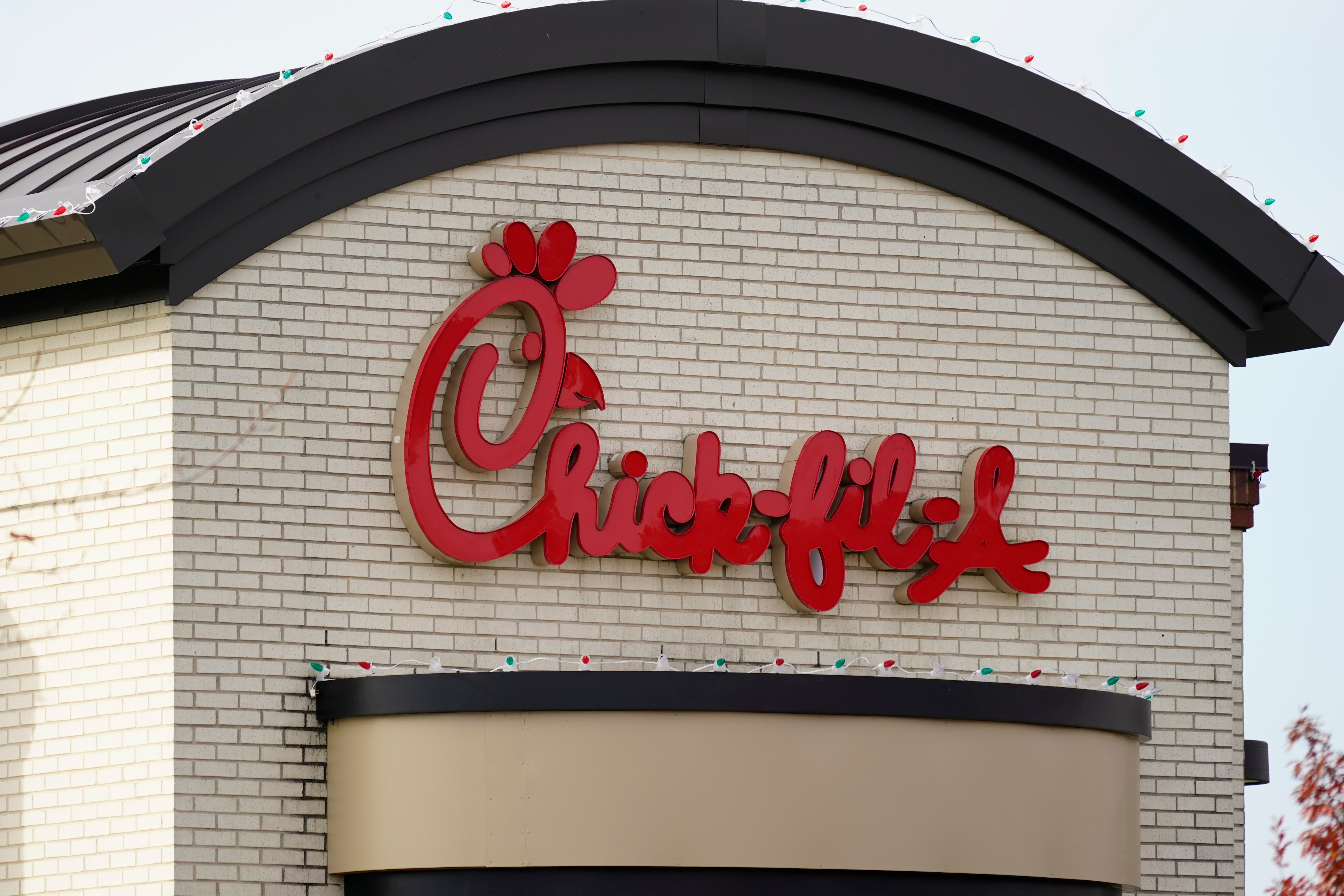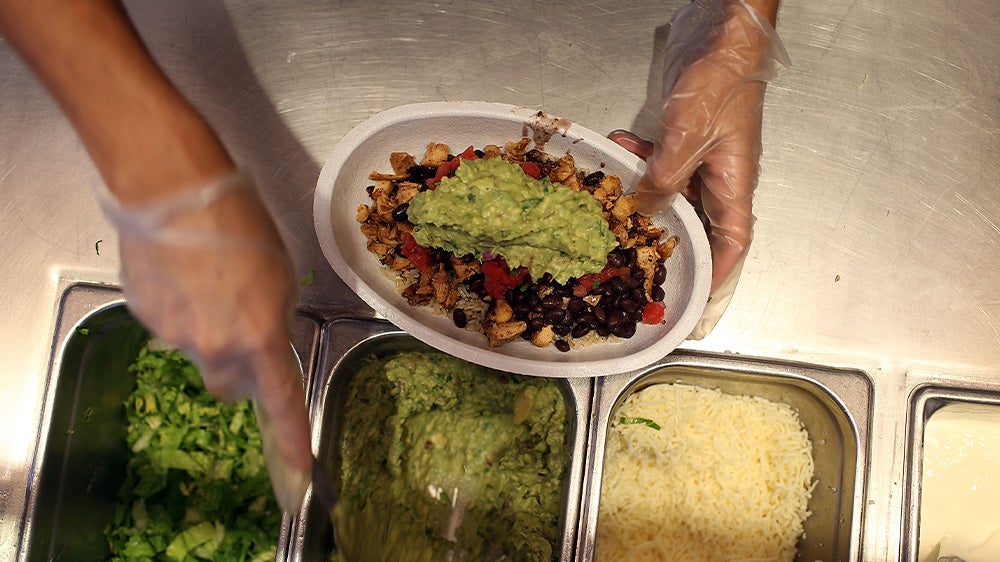McDonald’s, Chick-fil-A and other fast food chains are raising prices after state raises minimum wage
Fast food chains have on average upped their menu prices at around 10 per cent in California following the state’s new minimum wage law
Your support helps us to tell the story
This election is still a dead heat, according to most polls. In a fight with such wafer-thin margins, we need reporters on the ground talking to the people Trump and Harris are courting. Your support allows us to keep sending journalists to the story.
The Independent is trusted by 27 million Americans from across the entire political spectrum every month. Unlike many other quality news outlets, we choose not to lock you out of our reporting and analysis with paywalls. But quality journalism must still be paid for.
Help us keep bring these critical stories to light. Your support makes all the difference.
California’s favourite fast food chains have been raising their prices after a divisive state law was passed last year raising their worker’s minimum wage to $20 an hour.
Enacted on 1 April, a new California law signed by Democratic governor Gavin Newsom last September made it mandatory for fast food chains to pay their employees at least $20 per hour.
Fast food workers in California now have one of the highest minimum wages in the country after the wage was increased, despite already having one of the highest – $15.50 per hour – in the United States before the law took effect.
While workers have won more money for their paycheques, this has had a knock-on effect on the prices that restaurant patrons now have to pay to buy their favourite fast food of choice.
Whether it is burritos, burgers, chicken or fries, customers who visit Californian fast-food chains may have to splurge a little extra on their lunch.
Prices at Chick-fil-A, Domino’s, McDonald’s, Burger King, Pizza Hut and Jack in the Box, among other restaurants, have seen an increase in Californian prices since September, according to data from market research firm Datassential, reports The Wall Street Journal.
Chipotle also told World that their chain has implemented a statewide price increase after the legislation was put in place.
In an investor call on Wednesday, it was revealed that prices in nearly 500 California Chipotle restaurants climbed from six per cent to seven per cent during the first week of April, the WSJ said.

“The state isn’t making it easy,” Chipotle chief executive Brian Niccol told the outlet.
Prices at fast food eateries have increased by 10 per cent overall, outpacing all other states, the firm found after analysing thousands of US restaurants across 70 large chains.
Between mid-February and mid-April, Chick-fil-A raised its prices by 10.6 per cent, Starbucks raised them by 7.8 per cent, Shake Shack by 7.7 per cent, Chipotle by 6.9 per cent and Taco Bell by 4.1 per cent, according to Gordon Haskett Research Advisors.
Some chains preempted this price hike before the legislation came into effect, such as the restaurant El Pollo Loco, which has the majority of its US chains within California.
Michaela Mendelsohn, the CEO of Pollo West Corporation, told ABC’s Good Morning America that they preempted their price raises to test the waters in February and saw a three per cent decline in transactions.
“It’s become really clear to us that our customers are [experiencing] sticker shock and price fatigue,” Ms Mendelsohn told the show.
“We quickly shifted from being profitable to losing money on April 1,” the CEO said. “We’re in a tough position right now where we’re pretty much having to accept the fact that we’re making no money for a while until we figure this out.”

To cut costs, the restaurant had to reduce hours by more than 10 per cent, simplify menus and implement automated ordering kiosks.
The law has also affected how consumers choose to spend. The Golden State already had some of the highest fast food prices in the country before the rise, market research firm Revenue Management Solutions says, but now customers are having to fork out even more of their money to buy fast food.
Consumers told The WSJ that they now swap their favourite meals for cheaper or independent restaurants or have limited their visits to fast food chains altogether.
However, for fast food workers, this law was a chance for extra financial security for themselves and their families in the state.
In California, most fast food workers are over 18 and the main providers for their families, according to Enrique Lopezlira, director of the University of California-Berkeley Labor Center’s Low Wage Work Program, the Associated Press reports.
At the time the law was signed, Mr Newsom was flanked by a group of cheering workers and labour leaders after he upped the wage of more than half a million fast food workers in the state.
“Today, we take one step closer to fairer wages, safer and healthier working conditions, and better training by giving hardworking fast-food workers a stronger voice and seat at the table,” the governor said in September.
Subscribe to Independent Premium to bookmark this article
Want to bookmark your favourite articles and stories to read or reference later? Start your Independent Premium subscription today.

Join our commenting forum
Join thought-provoking conversations, follow other Independent readers and see their replies
Comments